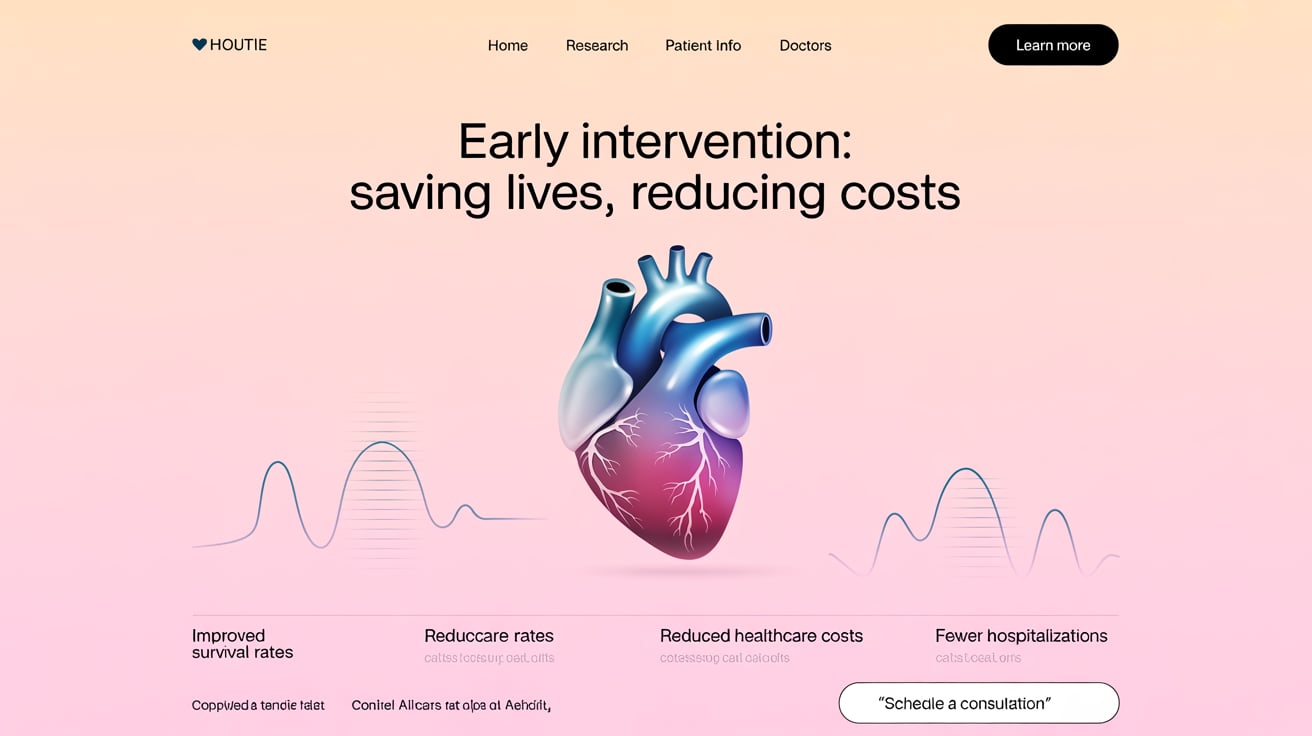New recommendations emphasize transparency, bias reduction, and lifecycle management.
The U.S. Food and Drug Administration (FDA) has issued draft guidance outlining recommendations for the design, development, and marketing submissions of AI-enabled medical devices. This step aligns with the agency’s risk-based, total product lifecycle approach to medical device oversight.
Key Areas of Focus
The draft guidance addresses multiple stages in a device’s lifecycle, including development, validation, postmarket management, and final device description. The FDA provides specific recommendations:
- Development: Emphasizes risk assessment, data management, and model transparency during design.
- Validation: Focuses on managing and validating data used to ensure device reliability.
- Final Device Description: Requires clear labeling and summaries of AI functionality and performance.
- Postmarket Management: Stresses ongoing performance monitoring and cybersecurity measures to manage risks like data drift.
Transparency and Bias Mitigation
Two core principles guide the draft:
- Transparency:
- Device labels should explain how AI contributes to the device’s intended use.
- Sponsors must detail model inputs, outputs, and known limitations.
- Performance metrics and validation data should be easily accessible to end users.
- Bias Reduction:
- The FDA advises data collection across diverse demographic groups to ensure AI devices perform effectively for all intended populations.
- Evidence should demonstrate equitable benefits across demographics such as race, ethnicity, sex, and age.
Lifecycle Management for Dynamic AI Devices
To address challenges like data drift—where AI models degrade in performance due to changes in real-world data—the FDA encourages the use of Predetermined Change Control Plans (PCCPs). As detailed in final guidance from December 2024, PCCPs allow manufacturers to preauthorize modifications without additional FDA review, facilitating updates while maintaining compliance.
Complementary AI Guidance
The FDA suggests companies consult related guidance documents, including:
- Premarket Submissions for Device Software Functions (June 2023).
- Quantitative Imaging in Radiological Device Submissions (June 2022).
- Closed-Loop Control Technology (September 2023).
Stay tuned to MEDWIRE.AI for updates on regulatory advancements shaping the future of AI-driven healthcare technology.








